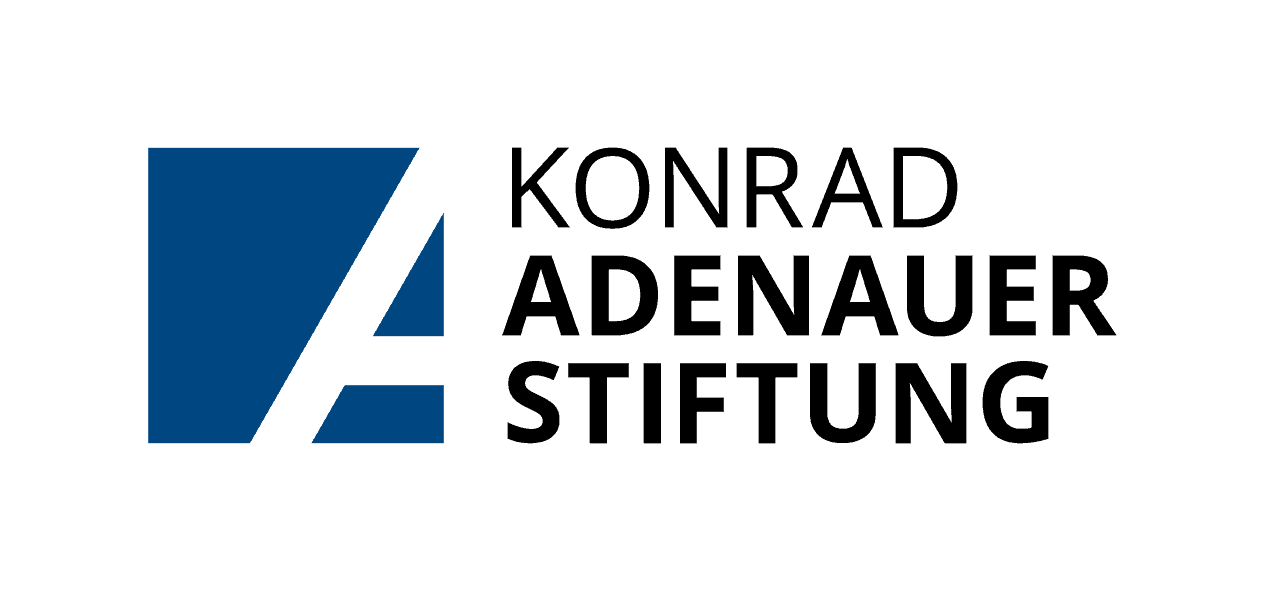Most media outlets have strict rules on covert recording, and it is illegal in some countries’ legal codes. Nevertheless, it may sometimes be the only way to get the evidence you need. Practice is vital! If you have a secret camera strapped to your chest, the pictures won’t be much use if you can see only sky or pavement. If sounds are muffled and inaudible, you have wasted your time and resources. Covert interviewing is not nearly as easy as TV crime dramas make it appear. Besides technical expertise, you would need an interviewing style that encourages the people you talk to and conveys the information you need. This can sound so stilted and artificial that it will reveal your strategy.
If your source suspects you might be secretly recording and asks you outright, you are bound to say no to protect yourself. But that can lead to difficulties in using the material. If you deny that you are recording the conversation, you can legally be held to have ‘induced’ the person to continue, in the belief there will be no record of the conversation. Many media lawyers around the world would be reluctant to agree to the use of the material, unless there was overriding public interest.

